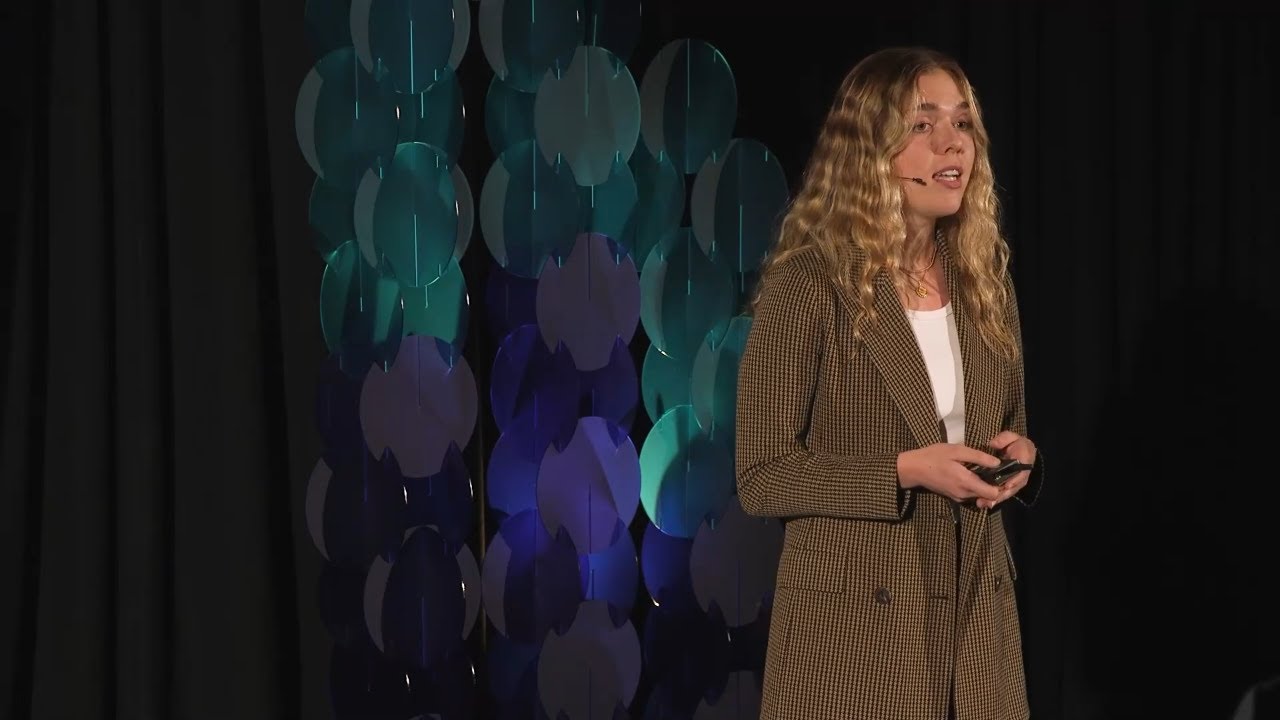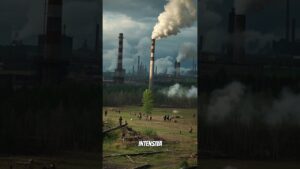
Industrial deep-seabed mining in international waters could begin as soon as July 2023. If permitted, deep-sea mining could irreversibly impact the oceans’ role in climate stability, biodiversity and economies.
The ocean is largely the reason we don’t have runaway climate change today. It sequesters massive amounts of atmospheric carbon and absorbs the majority of the planet’s rising heat, and as a result, we’re already seeing symptoms of the ocean’s health decline: increased acidification, ocean deoxygenation and mass biodiversity loss. Despite international scientists, governments and civil society sounding the alarm, there’s a new destructive industry on the horizon, deep seabed mining.
The deep sea is the largest habitat on the planet, yet so we know so little about it. Over 99% of the seabed is unexplored, and we have better maps of the Moon and Mars than the seafloor. What we do know is life exists and hides secrets to our origins, medicines & innovations. Deep-sea mining would permanently destroy these fragile ecosystems before we even get a chance to fully understand them.
We need a healthy ocean to survive. The ocean is home to the majority of life on the planet. It also produces more oxygen and stores more carbon than any other place on Earth. Rushing to mine the deep sea and gambling with our life support system, is unnecessary and far too big of a risk.
Interest in mining the deep-seabed is under the guise of fueling the green energy revolution. Deep-seabed mining as a climate solution is an oxymoron. The deep sea creates the climate we enjoy and rely on for survival, by ocean currents propelled by upwelling from the deep sea. It is also critical for the ocean food web, which coastal communities also rely on for food sovereignty, culture & economies. In 1990, 50% of total global population lived within 200 km of a coastline at the time of analysis, with over two-thirds of the population within 400 km of a coastline; and by 2025 70% would live within 200 km of the coastline and over 3 billion people worldwide rely on food from the ocean as a significant source of animal protein. The deep-sea is one of the largest carbon sinks and is important longterm carbon sequestration. Further, deep-sea mining will simply be an extension of already harmful mining practices into new out of sight and out of mind depths. The good news is, we don’t need deep-sea mining. We need less minerals than we think: we can reduce demand by 58% from now to 2050 with new technology, adopting circular economy models and recycling.
While the momentum for a moratorium is shifting, the window to act is closing. Join us to #DefendTheDeep so the ocean, the planet, and humanity can thrive for generations to come.
Vasser Seydel graduated with cum laude honors from the University of Georgia, earning a Bachelor of Arts degree in Communications. During her time in Athens, Vasser worked for UGA’S Office of Sustainability as the Grants and Engagement Director, represented the university as the UGA Student Sustainability Ambassador, and pursued an education outside the classroom as an intern at the United Nations Foundation and TEDWomen. After graduation, she began consulting with non-profit, business, and individual clients, specializing in communications, digital media, and strategic development, to enhance brands that create positive impacts on society. Vasser continues to promote and support her family’s legacy and commitment to environmental responsibility through her family’s foundation, the Turner Foundation, as a board member and the first Chairperson of the Turner 3rd Generation board. Additionally, she serves on the board of directors for the National Center of Family Philanthropy, Dr. Sylvia Earle’s Mission Blue and is on the advisory board for One Earth. Vasser is a Global Ambassador for Julian Lennon’s, White Feather Foundation, an Arctic Angel for Global Choices and represents the International Union for the Conservation of Nature as an IUCN Environmental Youth Ambassador. At The Oxygen Project, Vasser took on the Deep Seabed Mining issue first as the Campaign Manager, then as the Director of Impact. Now, as President, she leads the organization on a mission to ignite a community of climate champions and accelerate collective action through digital storytelling, activist trainings, and impact campaigns to build a more climate-resilient tomorrow. This talk was given at a TEDx event using the TED conference format but independently organized by a local community. Learn more at https://www.ted.com/tedx
source




Makes me think of the movie "Don't Look Up" but the name of this real-world movie is "Don't Look Down"
At least 2/3 of the ocean is protected by the High Seas Treaty and additionally 43% of the CCZ
Thank you, Vasser, for your work and knowledge on this topic.
22:28 dont think she said that right:))
There are A LOT of unqualified statements in this presentation. Also it's important to understand that there are only a few areas on the sea floor throughout the world that have these polymetalic nodules. The entire ocean floor is not being targeted.
We need those cheap metals for the transition to renewable energy and electric cars. The transition needs to be affordable for many people. Otherwise, nothing will change, and we'll get fried by climate change. We might miss an opportunity to facilitate abandoning fossil fuels. Deep sea mining is far less harmful than mining on land and should be used as an alternative.
1. If deep sea mining is allowed, we could reduce mining on land, which is much more harmful in terms of killing ecosystems and species. If we get enough of these metals from the seabed, there will be less incentive/profit to take them from land. You can't just say this isn't true without explanation. If we can forbid seabed mining, we should also be able to politically limit mining on land and replace it with minerals from the ocean floor.
2. I also have sympathy when I see pictures of those animals on the ocean floor, but in reality, the seabed is a rather vast desert with almost no life. You have to search for quite some time to find any. To me, that sounds more acceptable than demolishing rainforests, which are habitats for many animals and humans.
3. One argument is that we can learn from organisms on the seabed to invent medical products. However, the area considered to be mined is tiny compared to the entire ocean. We will never run out of bacteria from the ocean bed, as long as there is human life on this planet.
Nothing on the Earth will be left pristine.
Her knowledge on this subject is really poor. Its not informed with the actual data theyve generated from pilot studies.
1) the plumes with the current tech being used go up 2 meters and settle within 48 hours.
2) the density of organsisms per hectare is less than 1% vs land/shallow waters.
3) not all the land is actually mineable, the idea is to make the most of the useful regions and then leave it alone.
4) the prices of minerals is what incentives land mining. Companies want to mine the floor BECAUSE its valuable. If this severely less damaging way of resource harvesting (compared to land based operations, if you don't know how damaging and inefficient those are you should honestly ahut the ** up about this topic). If you make land based operations comparatively leas profitable THEY STOP HAPPENING.
She's probably just a tool for someone else or wanted attention
I support deep sea mining
💙
The other option is the regular mining, that we know if far worse to the enviroment than just colect rocks from seabed.
Also, if we want to transition to clean energy anytime in this century, we need these metals. Where do you think car batteries will come from!?
What do these guys want? They don't want us to burn fossil fuel. They don't want us to mine the sea bed for rare earth minerals so we can build evs and battery tech to replace fossil fuel. The only way to not disturb anything in the world is to not exist. By existing we affect everything around us. It's called change.
Gracias! Muy importante!!!
The sky is falling! The sky is falling! Bunch of closed minded morons
Your beautiful 😍 lady
Yeah her delivery isnt the most elaborate, however its not a complicated subject. Yes, Deep Sea Mining destorys the Ocean, the Ocean is literally the most important place on Earth due to many many reasons. Deep Sea Mining is causing more long term damage then solving any issues. Also lets be real. Greed. These companies don't give a damn about the Planet. It's all short term gains.
They just released data about the modules: that they create dark oxygen and are cortical to deep ocean environments.
❤ Thank you Vasser, keep up the good work!